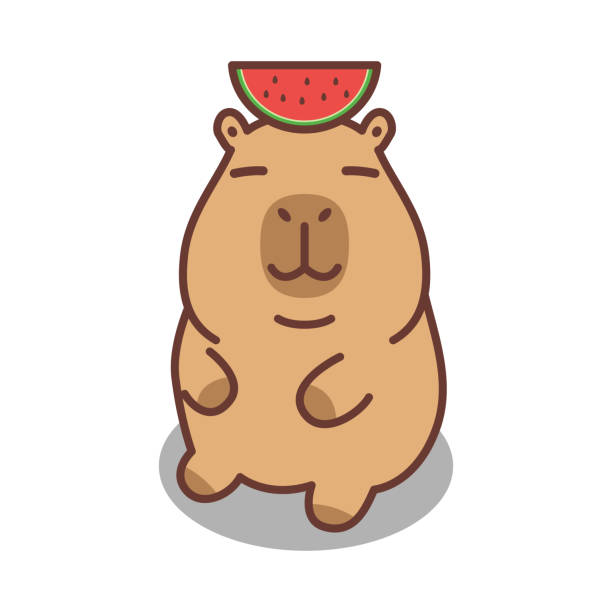Cloning
Cards (51)
- What can be cloned from plants and animals?
- What is a potential problem with cloning?
- How can plants be cloned?
- What is tissue culture in cloning?
- What happens to plant cells in tissue culture?
- Why is tissue culture beneficial for rare plants?
- What are the advantages of cloning plants through tissue culture?
- How can animals be cloned using embryo technology?
- What is the role of sperm cells in animal cloning?
- How does adult cell cloning differ from other methods?
- What is done with the nucleus in adult cell cloning?
- What is the purpose of inserting a nucleus into an egg cell?
- What happens to the egg cell after the nucleus is inserted?
- What is the significance of the electric shock in cloning?
- Where is the cloned embryo implanted?
- What is the outcome of successful implantation of a cloned embryo?
- What are the steps involved in adult cell cloning?
- What is the result of cloning ideal offspring?
- How often can ideal offspring be produced through cloning?
- What is the advantage of cloning adult cells?
- What is the role of the egg cell in adult cell cloning?
- What happens to the egg cell after the nucleus is inserted?
- What is the significance of the electric shock in the cloning process?
- What is the final step in the cloning process?
- What is the outcome of a successful cloning process?
- What are the advantages of cloning animals?
- What is inserted into the 'empty' egg cell?
- How is the egg cell stimulated?
- What happens to the egg cell after stimulation?
- Where are the cloned cells implanted?
- What is the result of implanting cloned cells?
- What is the famous cloned sheep called?
- What are the issues surrounding cloning?
- What could the study of animal clones lead to?
- How could cloning help endangered species?
- What is a concern about cloning humans?
- Why might cloning lead to fewer genetic variations?
- What is a potential outcome of cloning many individuals from a small gene pool?
- What is a potential risk of cloning related populations?
- What is a concern regarding the health of cloned animals?
